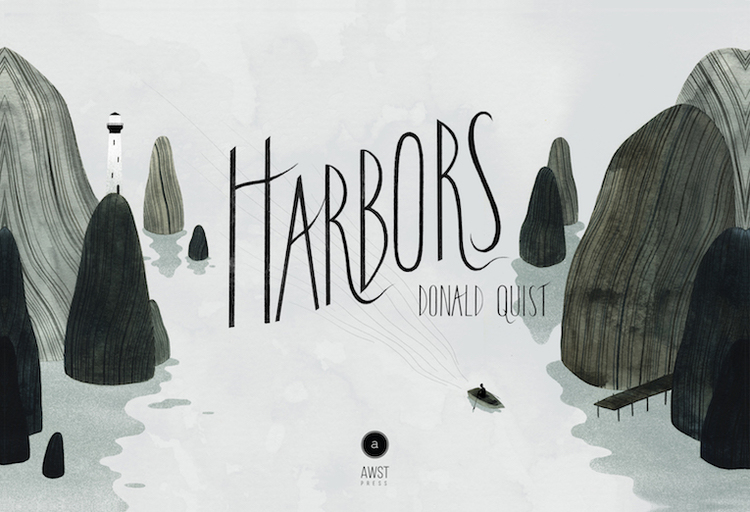This is the first installment in a series of posts where I recommend books that are fantastically written. Coming the day after yet another officer was acquitted in yet another shooting of a black man, this discussion seems particularly poignant.
Harbors is an first class work of creative nonfiction. In it, Quist tracks moments from his childhood in working class Maryland, to working for a municipality in South Carolina, to running a restaurant with his Thai wife, to returning with her to Thailand where he enjoys the privileges of his American identity tempered by a foreign context which is also frustratingly and unavoidably aware of his skin tone.
Donald Quist is a fantastic writer for a number of reasons.
His subject is endlessly fascinating for its twists and turns. Quist redoubles and examines his life and childhood from fascinating angles. He doesn’t pretend that his feelings are simple or one-sided or monolithic.
His prose is gorgeous.
“Children can swing sharp, cleaving insults; like tiny butchers, they chop down hard for deep cuts.”
“They let me leave without having to show identification, and a mix of resentment, gratitude, and guilt covered me like a heavy coat.”
“English is everywhere, and whether it is a spa promotion or a sale on high heels, for a moment you are literate again.”
I had the pleasure of being introduced to Donald by a friend of mine during a writer’s conference here in Los Angeles. He’s well-considered, witty, and thoughtful. A lovely guy to be around. He’s also the cohost of the podcast Poet in Bangkok, a fascinating examination of what it means to express one’s self freely and meaningfully in the “Land of Smiles.”
If I’m honest, I was a little nervous that when I picked up Harbors I would be met with a screed about white privilege and social injustice. A polemic that, while entirely justified, would be painful to read. As a white guy, I’ll be the first to admit that discussions about race make me profoundly uncomfortable.
Yet, Quist’s project is deeper than simply venting anger or assigning blame. His goal is simply to tell the truth. He embodies the complexities his subject as an eye-level witness. This is what it’s like to defend a city’s practices of racial profiling to the press. This is what it’s like to try to understand the worldview of your Ghanaian father. This is what it’s like to endure needle pricks of skin-color pejoratives from your in-laws. This is what it’s like to explain to Thai schoolchildren that race-based biases are not limited to American society, and in fact, they themselves discriminate shades of skin tone and project their biases on you, their teacher.
Donald Quist certainly voices his outrage at unjust systems and the impervious attitudes that slow the currents of change, but he also makes a concerted effort to eschew easy answers and convenient scapegoats. Harbors explores subjects that are flammable and complicated, and he leans masterfully into that tension. More than anything, Quist is refreshingly and unabashedly honest. Honesty, in my view, is what separates great authors from merely successful ones. Quist stares his subject in the eye. He tells the truth about himself, and his marriage, his community and his country. He doesn’t make it easy for anyone, least of all himself.
You need to read this book.
Buy it here: Harbors by Donald Quist on Amazon.
I review lots of books. Follow me on Goodreads.










![Book Review: In the Heart of the Sea [Part 1]](https://thepickledcucumber.com/wp-content/uploads/2015/12/In-The-Heart-of-the-Sea-Cover.jpg)